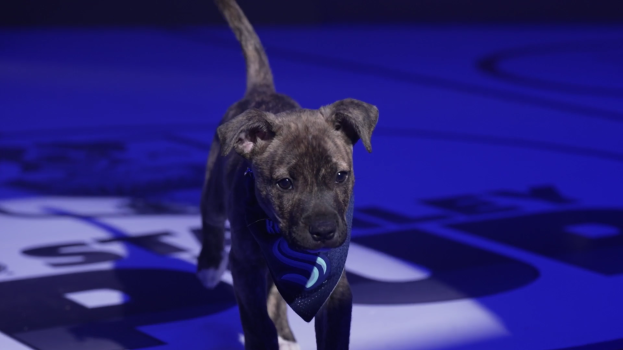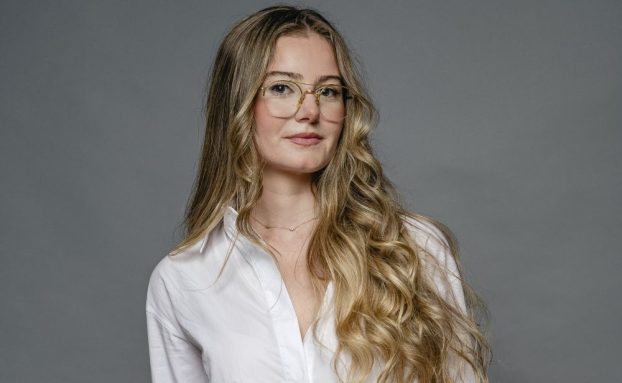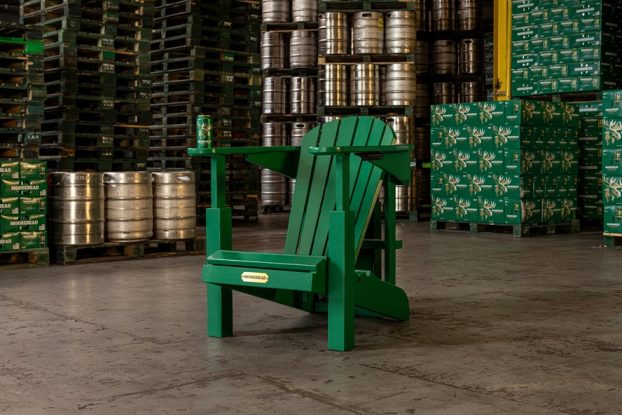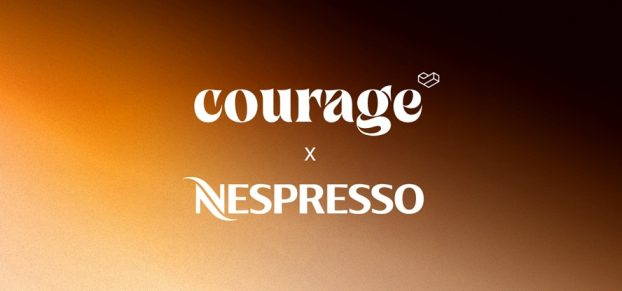When Pete Frates and Pat Quinn helped start the Ice Bucket Challenge last year, they couldn’t anticipate what would happen. But the Challenge was a huge success, not only when it came to the number of donations – with over $17 million coming in from 260,000 donors in Canada alone – but in terms of engagement, with the campaign getting numerous Gold Lions across categories at Cannes this year, including the Grand Prix for Good.
This year, the challenge is not only trying to replicate last year’s success, but to ensure Canadians become engaged with the cause even when there isn’t a viral sensation convincing them to.
On Aug. 6, the ALS Society of Canada and its provincial offices joined other ALS-focused non-profits around the world in re-launching the Ice Bucket Challenge for 2015 under the “#EveryAugustUntilACure” tagline.
Tammy Moore, CEO of the ALS Society of Canada, says the way the organization handled the explosive popularity of the challenge was more reactionary due to how quickly it came about. A bit of preparation for 2015 has allowed it to work in a more organized fashion, not only with its provincial offices but corporate partners and Canadian sports teams, including the Toronto Blue Jays and ones from the NHL and CFL.
Moore says, like any non-profit, the goal and challenge for ALS Canada is to ensure its fundraising programs are sustainable and can be counted on for future growth. The organization recently engaged Stephen Thomas to handle an upcoming direct marketing campaign focused on converting past supporters into regular donors, and Moore says more initiatives will be coming around more long-term fundraising initiatives, including the Walk for ALS in the fall.
Though the Society has set a high bar $1 million fundraising goal, Moore says a key thing the organization and many of its counterparts around the globe kept in mind was the original Challenge’s success was in its grassroots nature. The idea coming out of that was not to force the campaign to happen, but to be prepared with internal resources and external partnerships to handle and support the Challenge, were Canadians to embrace it again.
“We’re understanding, because it was a viral sensation, we can’t force something like that to happen every year,” Moore says. “When we look at sustainability, its about cultivating those people who did come in through the Ice Bucket Challenge because that’s where there’s a source of long-term opportunity from last year’s success.”
Image courtesy Shutterstock
























